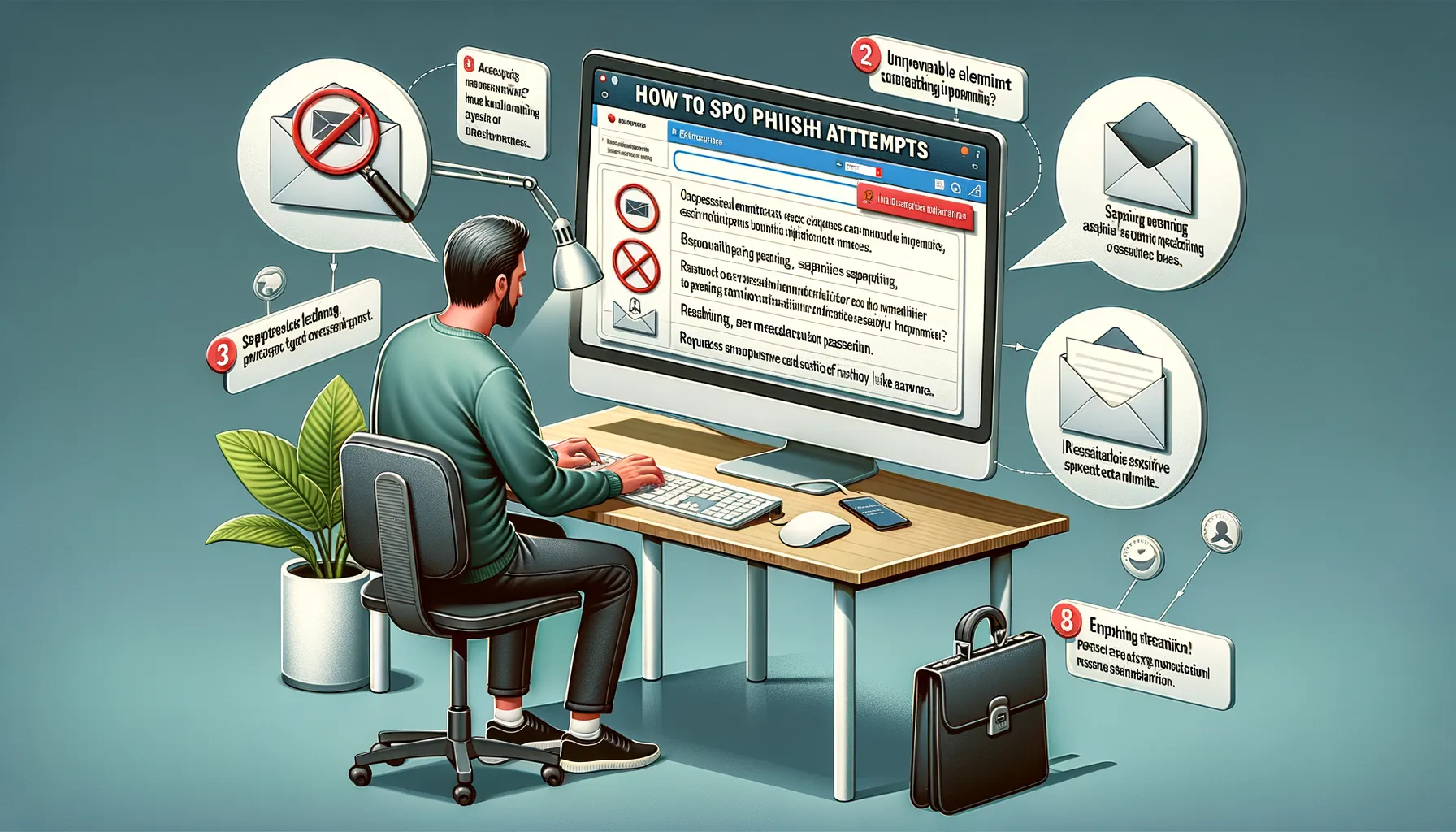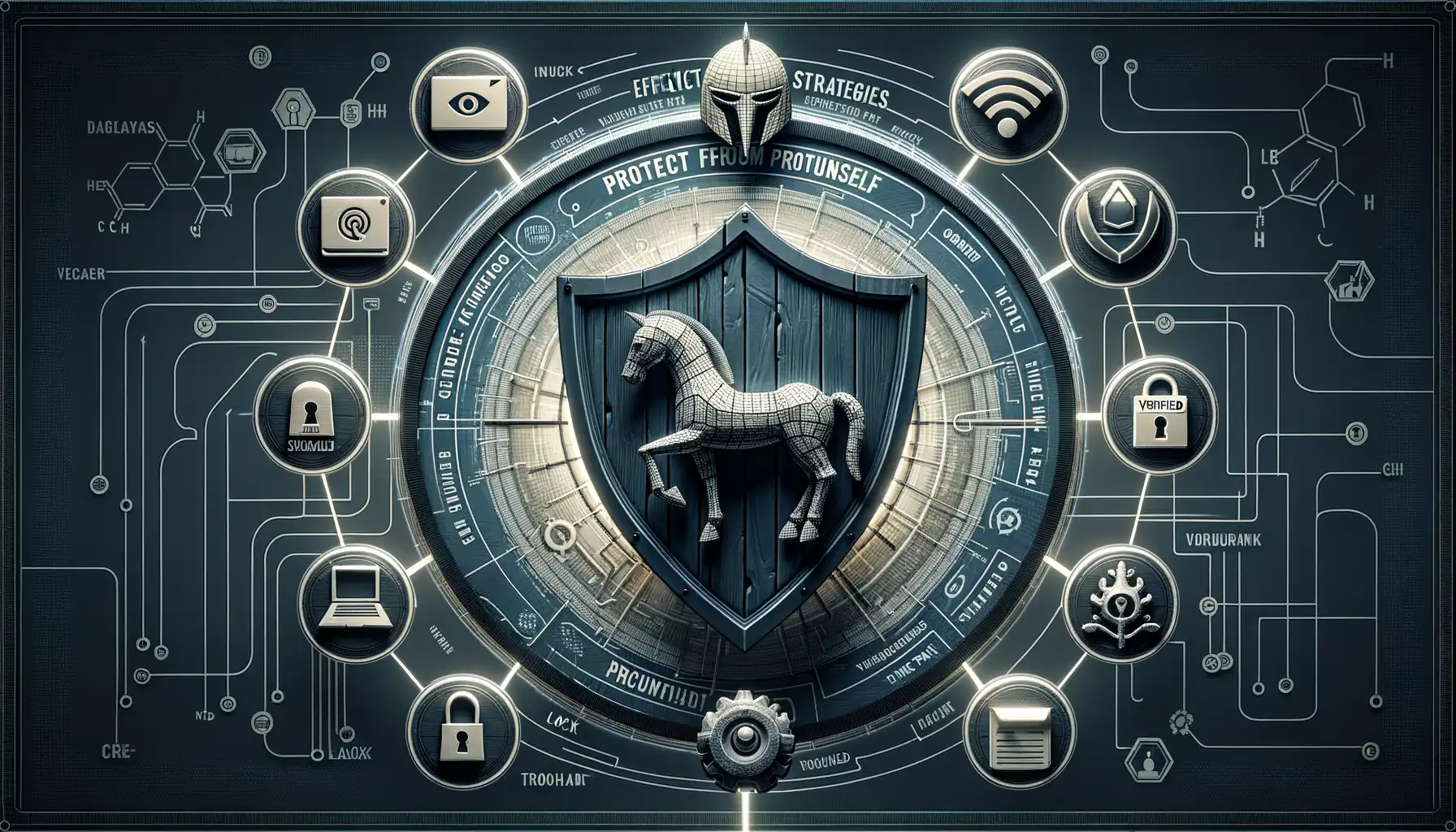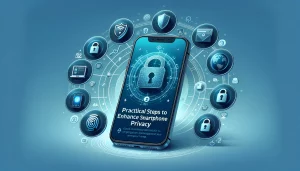Understanding Phishing Scams and Their Impact
What Exactly Is Phishing and Why Should You Care?
Picture this: you receive an email that looks exactly like it’s from your bank, complete with their logo, formal tone, and even a “security alert” to grab your attention. Your heart skips a beat. They’re asking you to confirm your account details urgently—or else you’ll lose access. Sounds frightening, right? That’s the sinister essence of phishing scams.
Phishing is like a wolf in sheep’s clothing. It’s a crafty attempt by cybercriminals to trick you into giving up personal information—like passwords, PINs, or banking details. These scams aren’t just innocent pranks; they’re weapons aimed at draining your finances, invading your privacy, and wreaking havoc on your peace of mind.
The Ripple Effects of Falling for a Scam
The impact of phishing goes beyond losing money. It can leave you tangled in stress, embarrassment, and even legal battles! Consider these alarming consequences:
- Identity theft: Scammers could use your data to open fraudulent accounts in your name.
- Unauthorized transactions: Imagine waking up to find your bank balance plundered overnight.
- Reputational damage: If your hacked accounts are used to send spam, it reflects poorly on you.
So, think twice about clicking that suspicious link—it’s not worth the avalanche of trouble it can bring.
Common Tactics Used by Phishers in Nigeria

Tricks That Catch Many Off-Guard
Imagine receiving an email that looks so official it could be straight from your bank—or so it seems. This is one of the most common tricks phishers in Nigeria use: they impersonate trusted brands or institutions. These emails, often riddled with urgency, push you to act fast: “Your account will be closed if you don’t confirm your details now!” It’s a clever psychological play, preying on emotions like fear or haste.
But it doesn’t stop there:
- Fake Job Offers: You receive a message about a “too good to be true” job opportunity, but the catch? They ask for personal information—or upfront “processing fees.”
- Romance Scams: On dating apps, fraudsters spin heartfelt tales, leading victims to believe they have found love, only to request “emergency” cash down the line.
- Prize Notifications: “Congratulations, you’ve won 1 million naira!”—but only if you “verify” your bank account first.
The Power of Social Media Deception
Phishers also excel at exploiting social platforms. Ever seen a Facebook ad offering unreal discounts? Or Instagram DM that promises free giveaways? These tactics lure unsuspecting users into clicking malicious links or providing sensitive data. A common ploy involves creating fake profiles, often stealing images from real people or companies to appear legitimate.
Remember, no matter how polished these tactics look, they’re all about getting one thing: access to your information and money. Stay sharp!
How to Spot Phishing Attempts

Signs That Scream “Phishing Attempt!”
Not every email or message that lands in your inbox is your friendly neighborhood newsletter. Some are wolves in sheep’s clothing, waiting to pounce. Here’s how to unmask them:
- Urgency overload: Phrases like “Act Now!” or “Your account will be closed!” are screaming for attention—and that’s exactly what phishers want. They thrive on panic.
- Suspicious email addresses: You might see big names like “YourBankSupport” in the sender name, but look closer. If the email address reads something like [email protected]… run.
- Strange links: Hover over the link (don’t click!). Does it feel off? A genuine site won’t redirect you through a maze of bizarre URLs.
- Odd requests for personal info: Legitimate companies don’t suddenly need your password or debit card PIN via email. If they’re asking, it’s time to question.
Tricky Language and Too-Good-To-Be-True Offers
Phishers love to trick you with irresistible bait. Think about those emails promising you’ve just won millions in a lottery you’ve never entered or messages claiming you’ve inherited a fortune from a long-lost relative in Zimbabwe. Sound familiar? They craft these hooks using overly formal or awkward language laced with errors—not exactly Shakespearean prose.
Always remember, if your gut says, “This feels… off,” listen to it. The moment something doesn’t add up, it’s no coincidence—it’s the red flag you’ve been waiting for.
Effective Strategies to Protect Yourself From Scams

Stay Ahead of Scammers with These Practical Tips
Protecting yourself from scams requires more than luck—it’s about being informed and vigilant. Imagine a scammer as a cunning hunter, setting up traps for the unwary. But guess what? You don’t have to be the easy prey. Here are some actionable steps to fortify your defenses:
- Trust Your Gut: If something feels too good to be true—a lottery you “didn’t enter” or an urgent payment demand—press pause. Scammers prey on emotions like curiosity and panic.
- Fortress Your Accounts: Activate two-factor authentication (2FA) on all essential accounts. It’s like adding a second lock to your front door. Even if they steal your password, they can’t waltz in without that second key.
- Inspect Before You Click: Hover over links before clicking to check where they lead. A fake bank email might redirect you to “secure-banking-login.xyz” instead of the actual site.
Dodging Digital Traps Like a Pro
Scammers love playing dress-up, pretending to be trusted brands or even friends. Here’s how you can pierce through their disguises:
Email headers are your allies. Check the sender’s email address—does it actually match the company’s domain? For instance, an email claiming to be from “[email protected]” is fishy.
Also, stay wary of requests for sensitive info. Banks and legitimate organizations rarely, if ever, ask for passwords or PINs online. Instead of rushing to comply, take a beat, pick up the phone, and call the company directly using their official contact details—not the ones in the suspicious message!
Keep these tools sharp—you’ve got this.
What to Do If You Fall Victim to a Phishing Scam

Immediate Actions to Take After Falling for a Phishing Scam
Oh no, it’s happened—you clicked that link or shared your details, and now the panic is creeping in. Take a deep breath; you’re not alone. Here’s how to regain control and protect yourself:
- Change Your Passwords Immediately: Start with the account you believe was compromised, then move on to others. Choose strong, unique passwords—think “fortress of security,” not “123456.”
- Contact Your Bank: If you shared any financial details, call your bank’s fraud team without delay. They can freeze your accounts or stop transactions before damage occurs.
- Report the Scam: In Nigeria, you can report phishing to agencies like the EFCC via their online portal or hotlines. Your complaint might save someone else from becoming the next target!
Rebuilding Your Digital Security
Once the immediate chaos settles, it’s time to fortify your defenses. Think of it like locking all the doors after a break-in.
1. Run a Security Check: Scan your devices for malware or spyware. Many phishers install these tools to sneak back into your accounts later.
2. Enable Two-Factor Authentication (2FA): This extra layer of security can be a game-changer. Even if scammers have your password, they’ll need a second code—like a bouncer asking for ID at the door.
3. Stay Vigilant: Monitor your accounts for unusual activity over the next few weeks. Unexpected transactions, strange emails, or login alerts? Don’t ignore them—they could signal ongoing risks!





